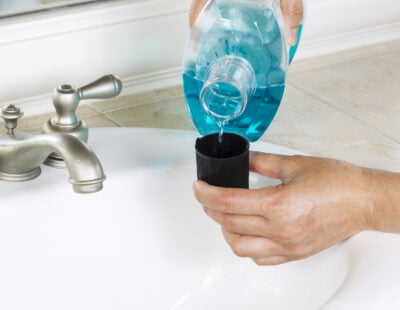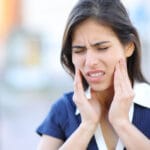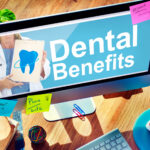In addition to regular brushing and flossing, you may be interested in using a mouthrinse as part of your daily routine of oral hygiene. But what is a mouthrinse? And is it helpful for maintaining your oral health?
A mouthrinse, or mouthwash, is a liquid solution that you swish around your mouth to provide specific oral health benefits. A number of studies suggest that using an appropriate mouthrinse, in addition to regular brushing and flossing, can effectively improve oral health. Potential benefits include:
- Reduction of plaque build-up,
- Added protection against tooth decay and gum disease,
- Control of bad breath.
However, you might feel overwhelmed with the many choices for mouthrinses offered at your local drug store, that are available in both prescription strength and over-the-counter (OTC) forms. Which one is best for you and your circumstances?
A key fact to keep in mind is that many OTC mouthrinses are principally cosmetic; in other words, they may temporarily control or reduce bad breath, but they won’t provide any lasting benefits to your oral health. But if you’re at risk for tooth decay or gum disease, you may need a more powerful form of mouthrinse.
The Therapeutic Mouthrinse
 Mouthrinses that are proven to offer specific oral health benefits are called therapeutic mouthrinses. They typically fall into the following two categories: anti-cariogenic and anti-bacterial.
Mouthrinses that are proven to offer specific oral health benefits are called therapeutic mouthrinses. They typically fall into the following two categories: anti-cariogenic and anti-bacterial.
Anticariogenic rinses are designed to help prevent tooth decay, or dental caries (cavities). They use fluoride, normally in the form of a .05% sodium fluoride solution. Fluoride is clinically proven to strengthen tooth enamel and protect teeth against decay; in some cases, it can even reverse the early formation of cavities. Due to its liquid form, the rinse reaches into the spaces that even the smallest brush can’t reach. (Note: The use of fluoride mouthrinses is typically not recommended for children under the age of six, since they may swallow the rinse.)
Antibacterial rinses help control the buildup of plaque, the sticky biofilm containing acid-producing bacteria harmful to the teeth. Some studies show that using an anti-bacterial rinse in addition to brushing and flossing provides a greater reduction in plaque than brushing and flossing alone. Unless required for disease treatment, however, we do not recommend the use of antibiotics in these mouthwashes, such as triclosan. Overuse of antibiotics is leading to “super bacteria” that are difficult to control.
Do I Need A Mouthrinse?
If you find brushing and flossing difficult, or are at special risk for tooth decay or gingivitis, a mouthrinse may provide additional protection against cavities and gum disease. If you’re interested in adding a mouthrinse to your daily oral hygiene routine, we encourage you to ask your Yuba City dentist about it during your next appointment. We’d be happy to make a recommendation based on your specific circumstances.



